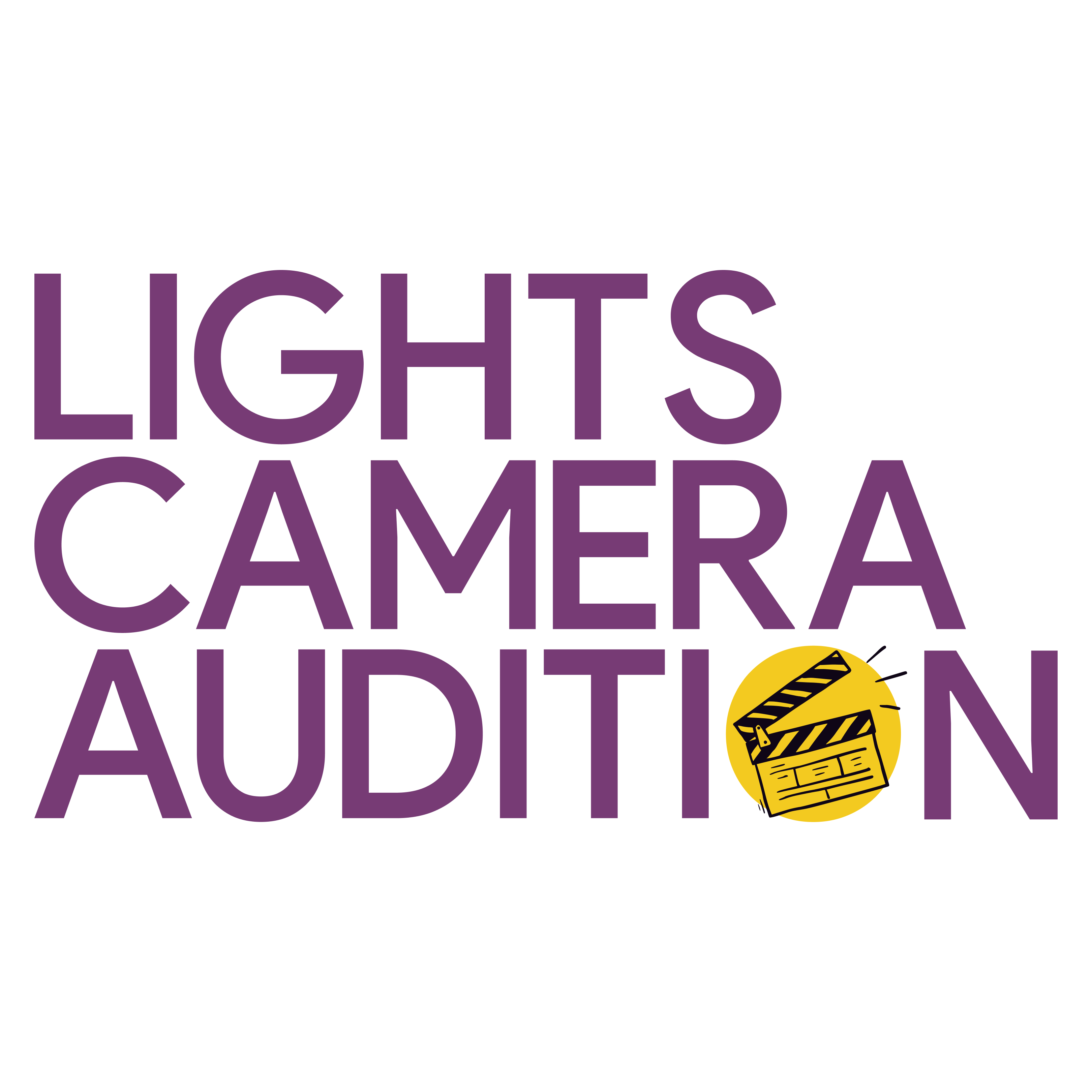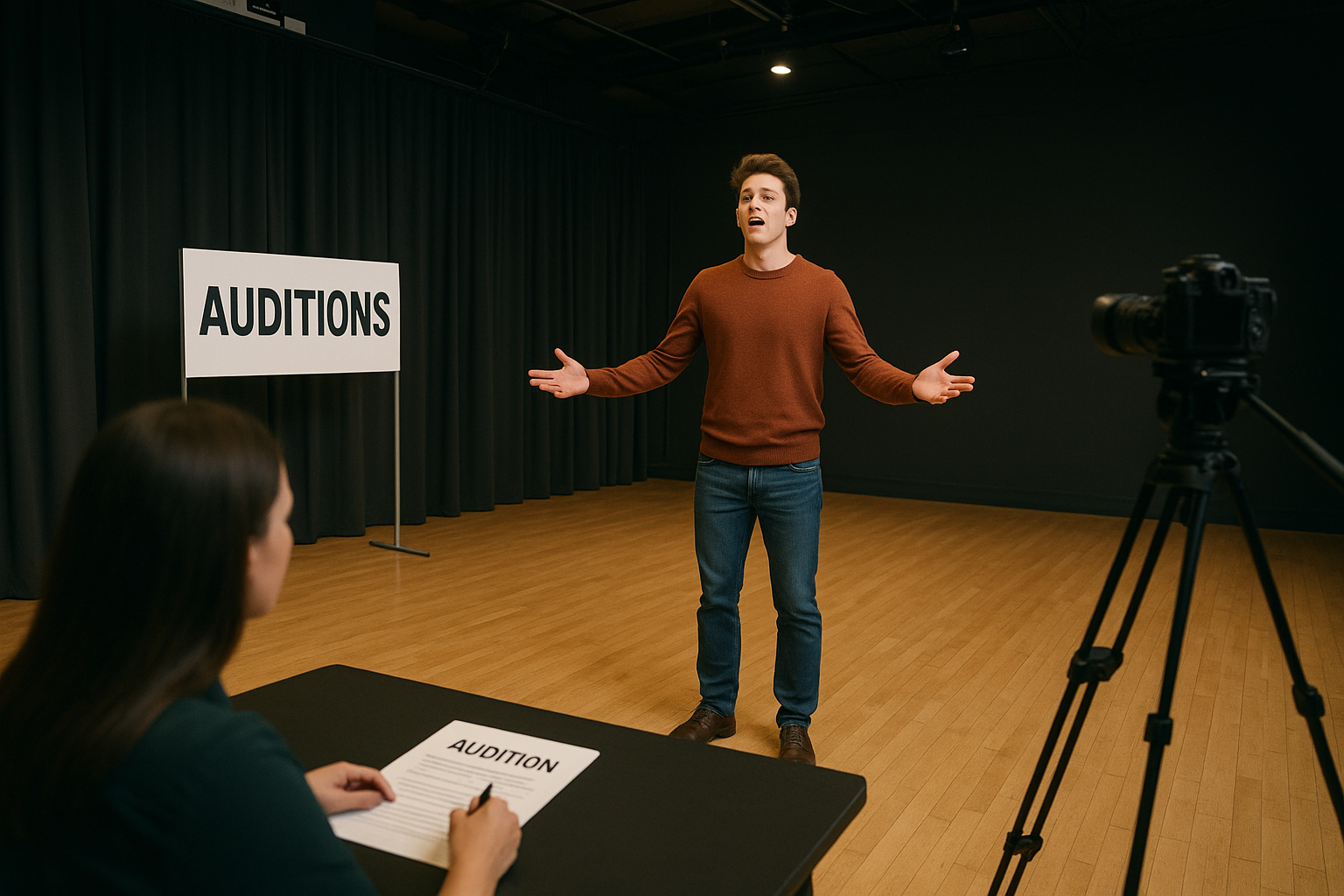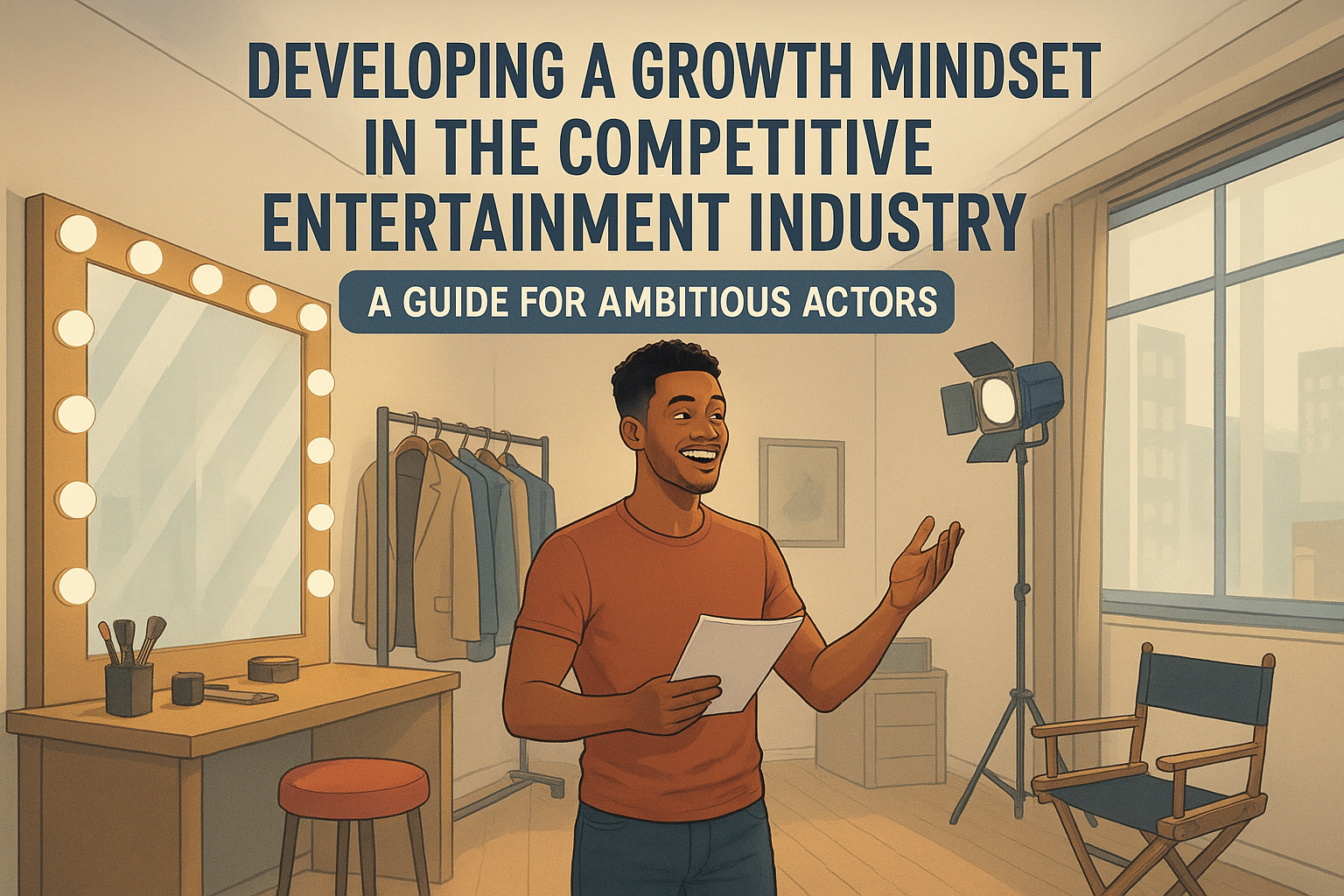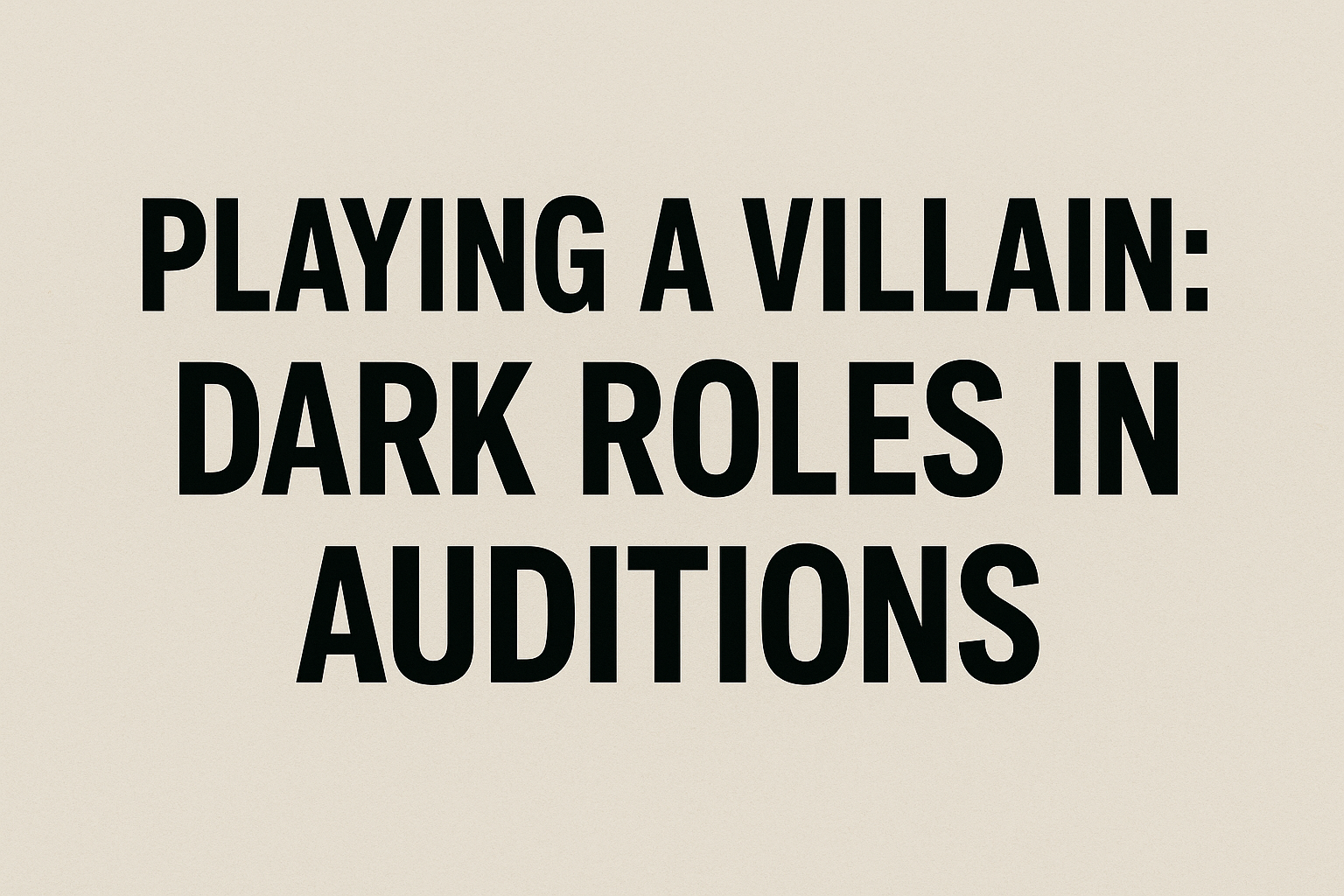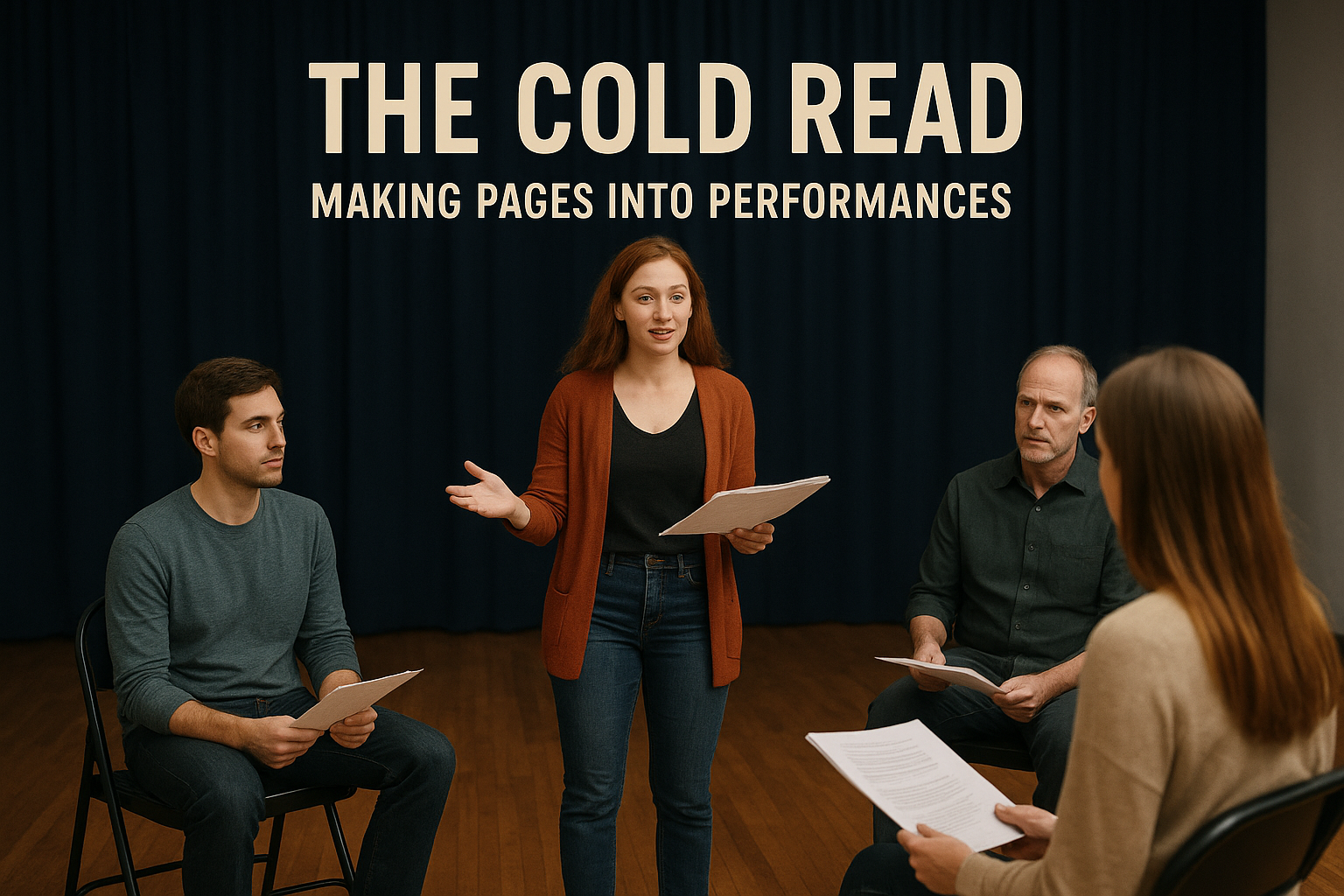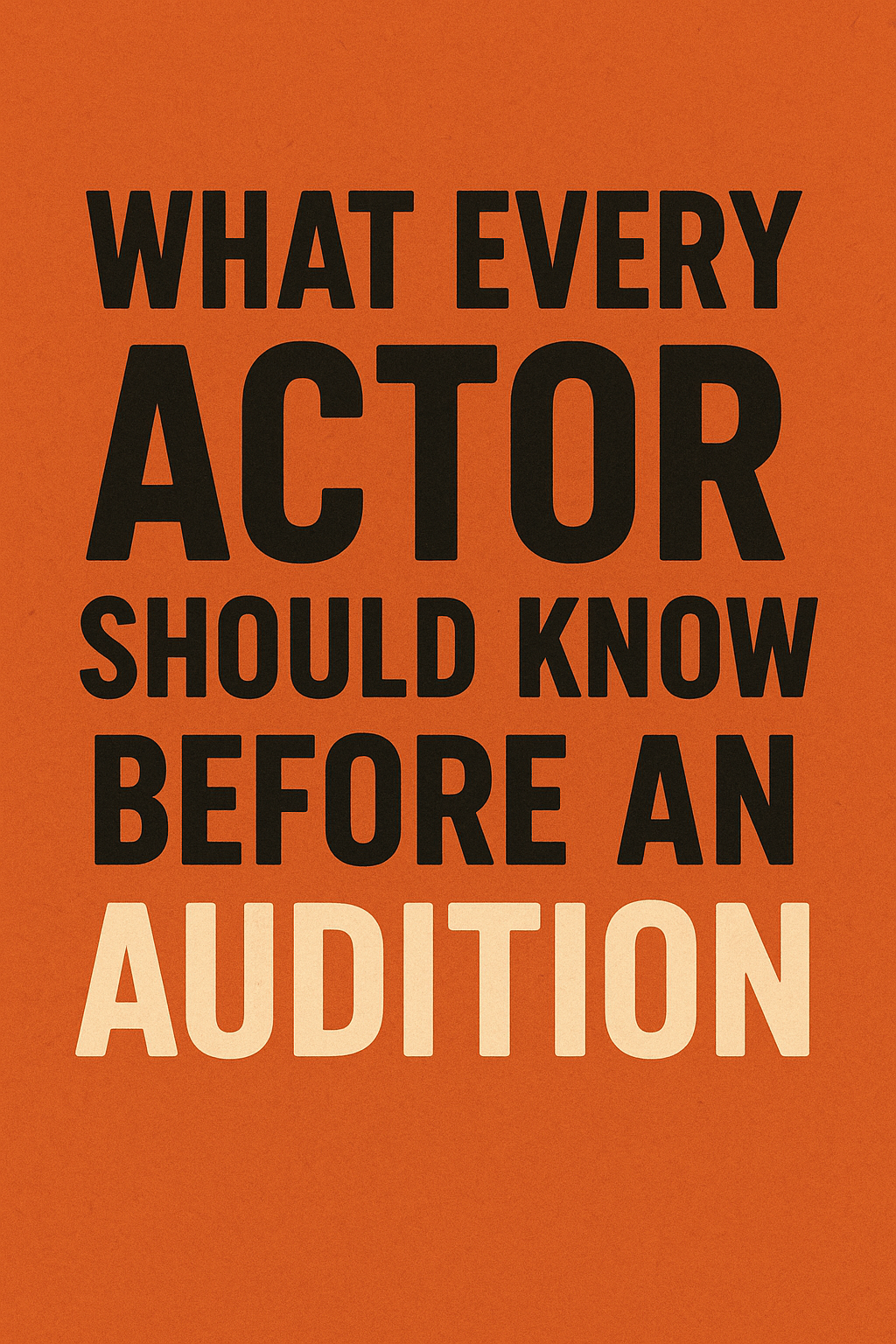
Auditions are a crucial part of an actor’s journey. Whether you're a seasoned performer or just starting out, preparation is everything. First, understand the role and the script. Research the character, the tone of the project, and the director’s style if possible. Knowing what the casting team is looking for helps you tailor your performance.
Memorize your lines, but don’t be rigid. Be ready to take direction and adjust your delivery. Flexibility shows that you’re collaborative and professional. Also, make strong choices. Casting directors want to see your interpretation, not just a generic reading.
Presentation matters too. Dress appropriately—not in costume, but in a way that subtly reflects the character. Be punctual and respectful to everyone from the receptionist to the casting director. A good attitude can leave a lasting impression.
Confidence is key. Nervousness is normal, but try to stay calm and grounded. Take a deep breath before walking in, and treat the audition as a performance opportunity rather than a test.
Finally, don’t take rejection personally. Each audition is a learning experience. Stay persistent, stay positive, and trust the process. Every “no” brings you one step closer to the right “yes.”
Acting may be an art, but in the world of professional performance, it begins long before the cameras roll or the stage lights shine. It begins with the audition — the often nerve-wracking, unpredictable process that determines whether an actor even gets the chance to perform. For aspiring actors, understanding the relationship between auditioning and acting is not just important — it's essential. One feeds into the other, and together, they shape an actor’s growth, resilience, and ultimate success.
In the high-stakes, emotionally demanding world of acting, rejection is frequent, uncertainty is constant, and comparison can feel unavoidable. The entertainment industry is as competitive as it gets—and in such an environment, your mindset can make or break your journey. While talent, networking, and luck all play their part, there's one internal tool that can drastically shift your trajectory: a growth mindset.
When it comes to acting, playing a villain is considered a challenge and a golden chance. Villains are multilayered, multi-dimensional, and probably the most remembered characters in a narrative. Be it old Bollywood films such as Gabbar Singh from Sholay or OTT villains such as Guruji from Sacred Games, dark roles determine an actor's fate. But auditioning for a villain is an altogether different. It needs a firm grasp of psychology, body language, and emotional regulation. If you're a newbie or a seasoned actor wanting to master your craft, this blog will walk you through all that you need to know on how to audition for villainous roles.
There is a moment every actor fears: the casting director places a script in your hands you've never laid eyes on before and says, "Take a minute, and when you're ready, we'll begin. Welcome to the cold read — perhaps the most unpredictable, yet vital portion of an actor's career. Whether you're auditioning for theater, television, or voiceover, cold reading is the skill that can break or make your chance at a role. But the good news is this: like every other craft, it can be practiced, honed, and eventually mastered. In this post, we will analyze what cold reading actually is, why it's important, and how you can transform a cold script into a warm, breathing performance.
Lights Camera Audition!
Don't miss out on the latest updates, audition calls, and exclusive tips to elevate your talent. Subscribe to our newsletter and stay inspired on your journey to success!
